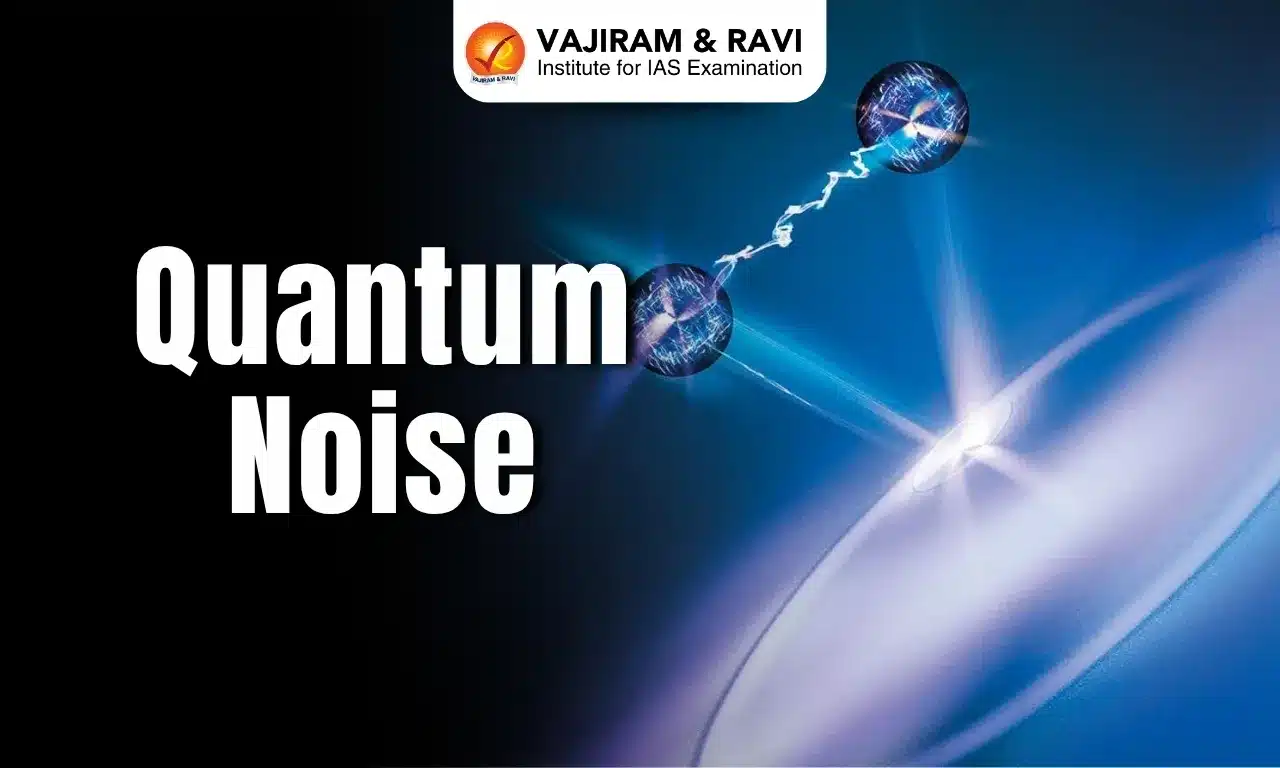About POSCO Act:
- The analysis, titled ‘A Decade of POCSO’, was carried out by the Justice, Access and Lowering Delays in India (JALDI) Initiative at Vidhi Centre for Legal Policy, in collaboration with the Data Evidence for Justice Reform (DE JURE) program at the World Bank.
Findings:
- Acquittals: The analysis has found that 43.44% of trials under POCSO end in acquittals while only 14.03% end in convictions.
- For every one conviction in a POCSO case, there are three acquittals.
- Acquittals are significantly higher than convictions for all the states studied.
- For instance, in Andhra Pradesh, acquittals are seven times more than convictions; and in West Bengal, acquittals are five times more than convictions.
- In Kerala, the gap between acquittal and conviction is not very high with acquittals constituting 20.5% of the total disposals and convictions constituting 16.49%.
- As per data published by the National Crime Record Bureau in 2021, in 96% of the cases filed under the POCSO Act, 2012, the accused was a person known to the child victim – in 48.66% of cases, the accused is either a friend or a romantic partner of the victim.
- The study has found on average, it takes 509.78 days for a POCSO case to be disposed of – whereas it has been stipulated under the Act that such cases need to be disposed of within a year.
- Delhi has the highest number of POCSO trials in the country with 13.54 cases per 100,000 population in 2018 – which does not necessarily mean the number of incidents of sexual offences is higher, but that there is increasing awareness and reporting of cases.
- Time taken:
- Chandigarh and West Bengal are the only states where the average time taken for convictions is within one year.
- States like Chhattisgarh, Haryana, Kerala, Sikkim, Chandigarh and the NCT of Delhi seem to have a much higher reporting of POCSO cases.
- Pendency:
- Uttar Pradesh has the highest pendency with more than three-fourths (77.77%) of the total POCSO cases filed between November 2012 and February 2021 pending.
- On the other hand, at 80.2%, Tamil Nadu has the highest disposal percentage.
- Support Persons:
- According to the study, “support persons” are not being appointed in most POCSO cases.
- The Supreme Court had also noted that in 96% of cases, a support person was not provided to the victim.
- A support person may be a person or organisation working in the field of child rights or child protection, an official of a children’s home or a shelter home having custody of the child, or a person employed by the District Child Protection Unit (DCPU), who hand holds the victim through the entire legal process.
- POCSO courts:
- The analysis further notes POCSO courts have not been designated in all districts.
- As of 2022, 408 POCSO courts have been set up in 28 States as part of the Government’s Fast Track Special Court’s Scheme.
- There is a lack of Special Public Prosecutors appointed specifically to handle POCSO cases.
Source : Indian Express
Last updated on July, 2025
→ UPSC Notification 2025 was released on 22nd January 2025.
→ UPSC Prelims Result 2025 is out now for the CSE held on 25 May 2025.
→ UPSC Prelims Question Paper 2025 and Unofficial Prelims Answer Key 2025 are available now.
→ UPSC Calendar 2026 is released on 15th May, 2025.
→ The UPSC Vacancy 2025 were released 1129, out of which 979 were for UPSC CSE and remaining 150 are for UPSC IFoS.
→ UPSC Mains 2025 will be conducted on 22nd August 2025.
→ UPSC Prelims 2026 will be conducted on 24th May, 2026 & UPSC Mains 2026 will be conducted on 21st August 2026.
→ The UPSC Selection Process is of 3 stages-Prelims, Mains and Interview.
→ UPSC Result 2024 is released with latest UPSC Marksheet 2024. Check Now!
→ UPSC Toppers List 2024 is released now. Shakti Dubey is UPSC AIR 1 2024 Topper.
→ Also check Best IAS Coaching in Delhi














